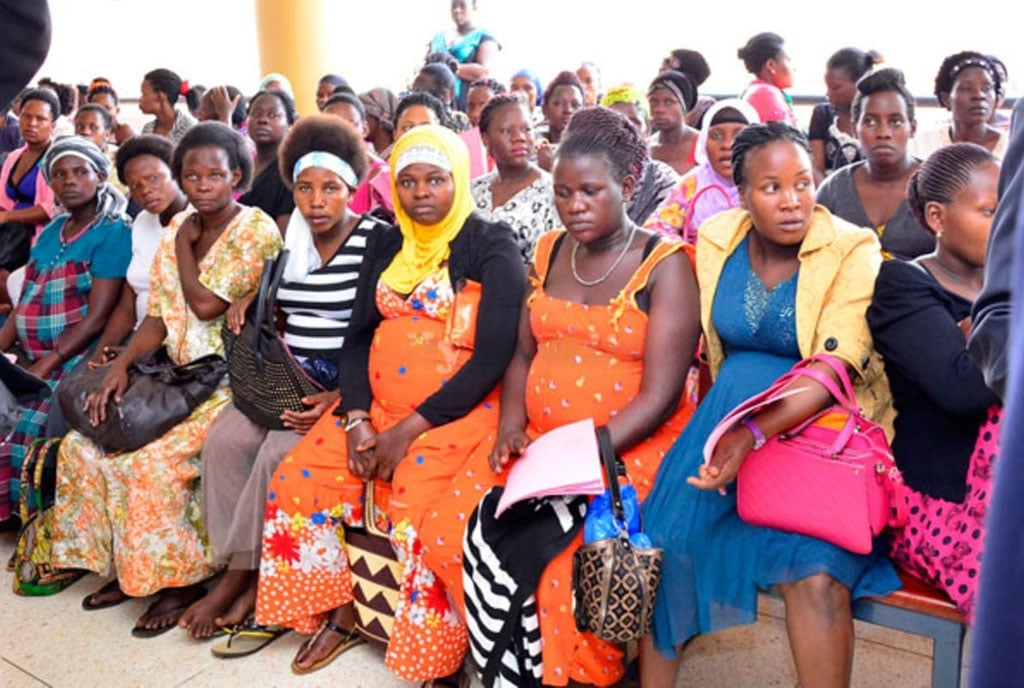Govt should address high child death rates

Minister of Health Jane Ruth Acheng (centre) and the Executive Director of Uganda Bureau of Statistics, Dr Chris Mukiza, address the media during the launch of the Uganda Demographic and Health Survey 2022 of the Key findings in Kampala on September 7. PHOTO/ ISAAC KASAMANI
What you need to know:
- The issue: Reducing child deaths
- Our view: The ministry should also recruit more paediatricians to work in regional referral hospitals and lower government facilities where many mothers take children for care. The recruitment of specialists should also be encouraged among private facilities...
The Annual Health Performance Sector Report for 2022/2023 financial year, which was released on Wednesday, shows that there has been a six percent decline in deaths registered in health facilities across the country.
Whereas this signals good improvement in care, the government should aim at reducing preventable deaths which contributed to 53,222 total deaths. Of these, 22,125 were of children under five years. This points to serious gaps in the care for children that government should urgently think through and address.
However, there is already a starting point. In the report, the common causes of deaths among the newly born babies and other children below five years included birth asphyxia, which is the failure of the baby to start breathing after birth. The other causes were malaria, pneumonia and anaemia, all preventable diseases.
Officials at the Health ministry should expedite plans to improve resuscitation of newly born babies to reduce deaths due to birth asphyxia. The promotion of use of malaria prevention methods such as sleeping under a mosquito net should also be increased, especially among mothers.
The ministry should also recruit more paediatricians to work in regional referral hospitals and lower government facilities where many mothers take children for care.
The recruitment of specialists should also be encouraged among private facilities as well as encouraging more doctors to specialise in this field. Specific or short trainings for nurses and general doctors can also be organised and supported by government to equip staff in these facilities to manage babies better.
Mothers should also be encouraged to seek antenatal care and give birth at health facilities so that issues of birth asphyxia can be handled promptly and babies born prematurely can access care.
Cost of care for premature babies remains high in facilities across the country which discourages parents from taking their babies for care. The government should expedite plans to introduce national health insurance scheme so that everyone can access care.
The government should also ensure hospitals have necessary equipment and facilities such as neonatal intensive care units in both major and lower facilities that can handle emergencies and babies in critical condition.



